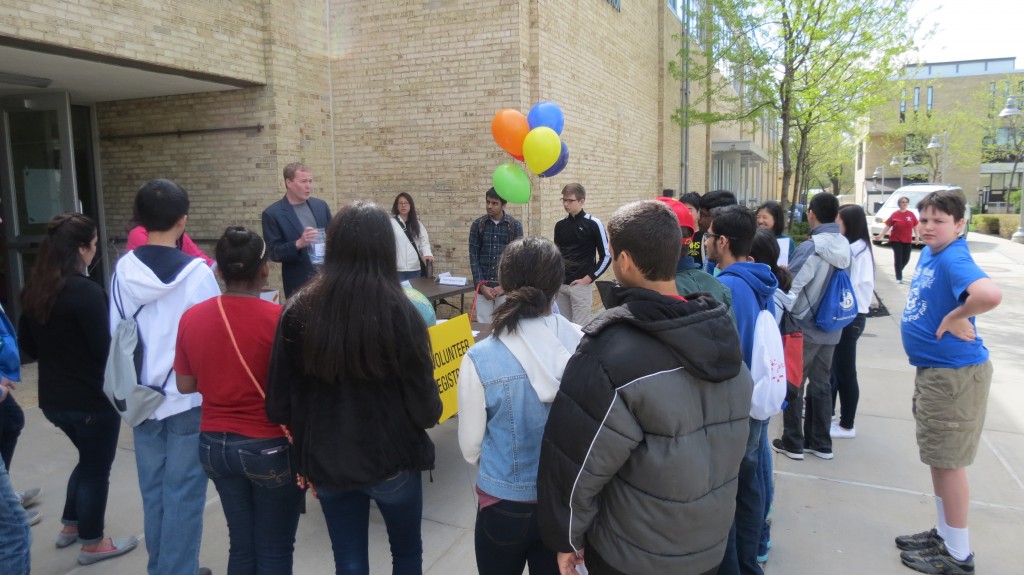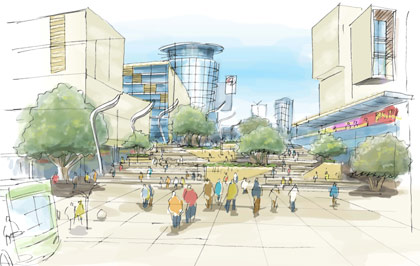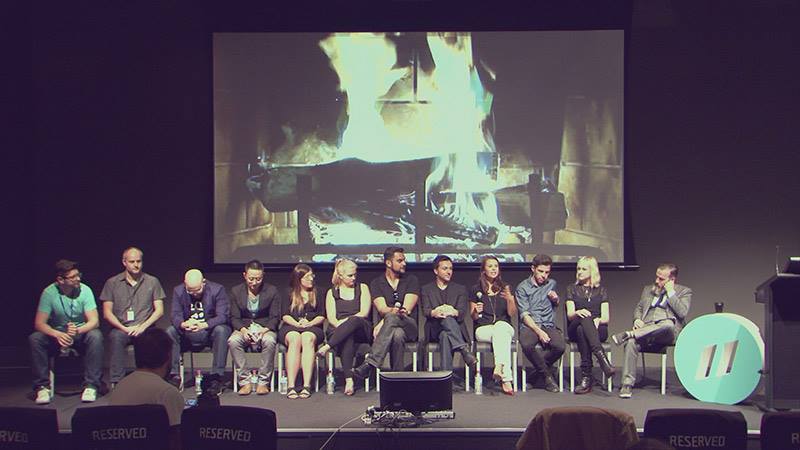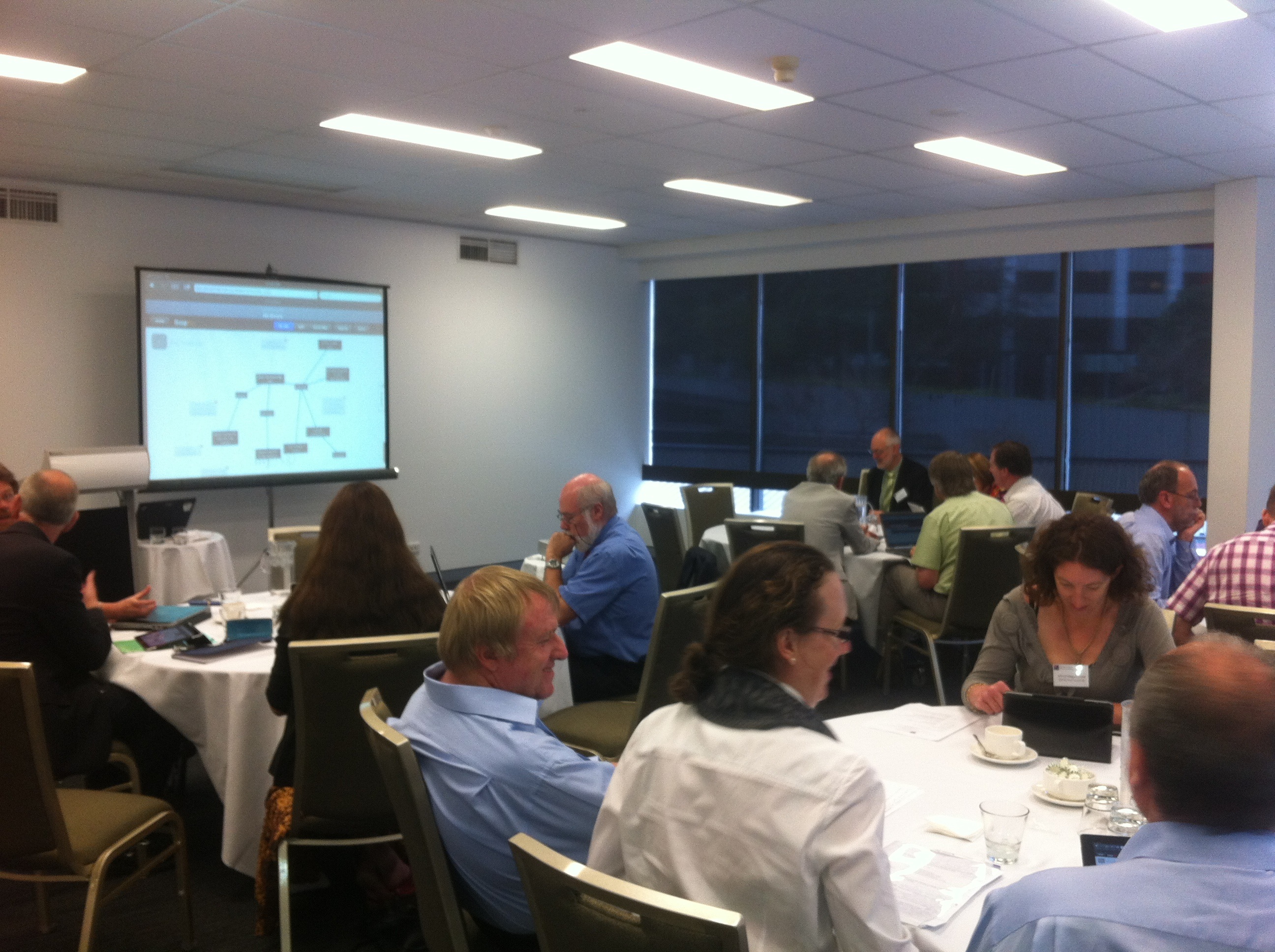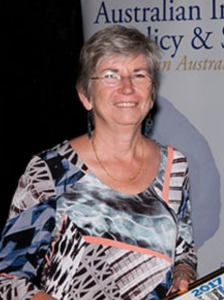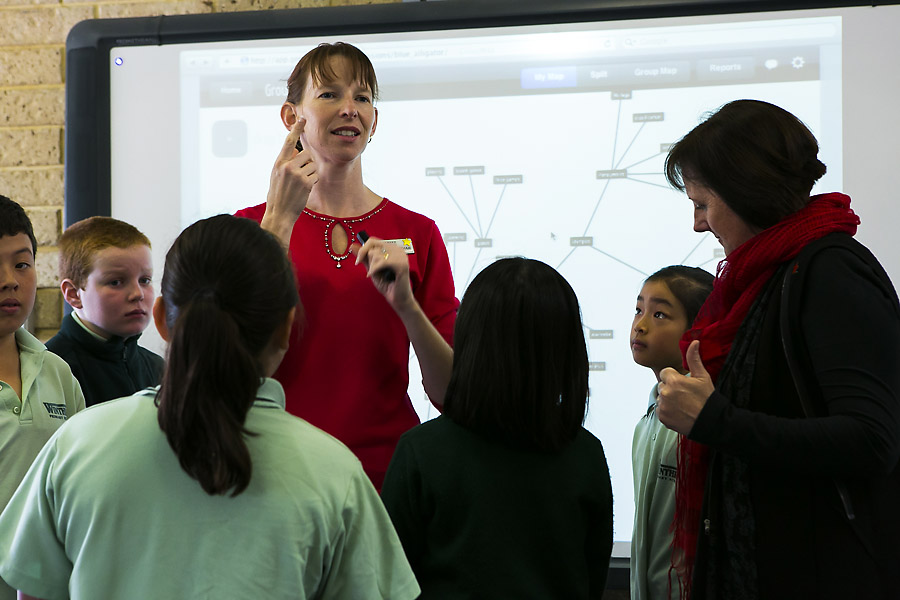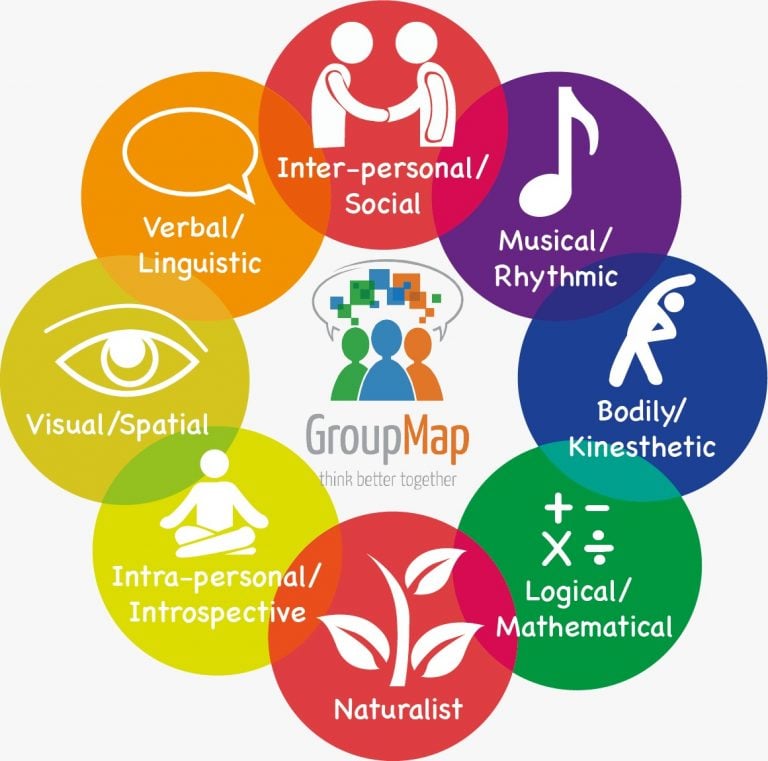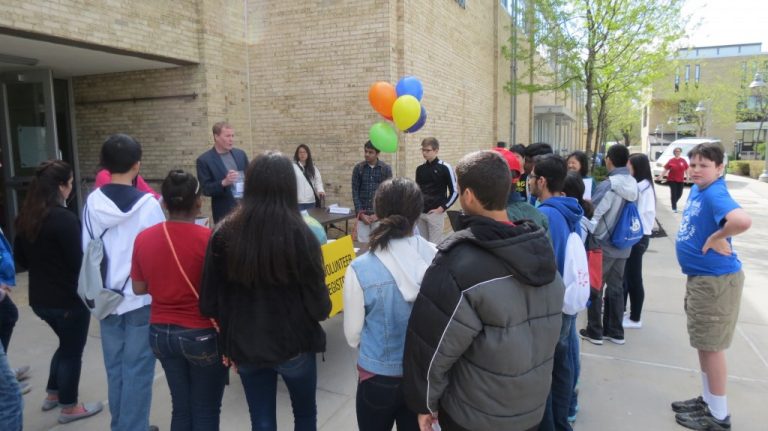
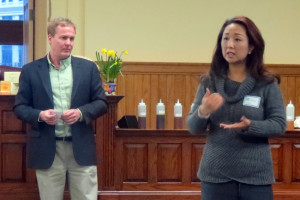
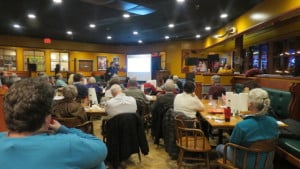
“RSC does not want to recreate the “don’t touch” model of learning. The RSC will have a didactic – even Socratic – method of teaching and learning based on what the community has been able to input. This would be a centre of continuous learning with the goal of reinventing its content on a regular basis.”
RSC needs the community to build on these ideas to create the Center. Attendees will go beyond whiteboards and sticky notes by using the cutting-edge GroupMap software to collect ideas.
There will be several tables – each one with a different topic. Participants will be encouraged to pick a table – or start their own! The Big Board up front will display in real time what each table is doing as the community puts together the 0’s and 1’s of the Center. ” said Tracey Dove.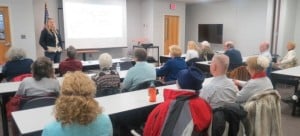
- Facility
- Outreach
- Finance
- Human Resources
- Content and
- Programs
Jeremy Lu (Co-Founder) and School Business Manager for Science at Curtin University said, “We are delighted that GroupMap technology has such a positive impact in the community especially promoting science awareness and education.”
Programs conducted by the Centre include Science Cafes sessions at a local restaurant, a robotics program including the FIRST Tech Challenge to develop and test robots in challenges, exploration trips off the beaten track, as well as their camps and fairs that bring the community together.
The Rockville Science Center is just one great example of how online brainstorming tools can be used to solve problems and execute on a community engagement strategy to work towards common goals. You can see their full article on Communities and Education and if you would like further information, please contact Tracy Dove: RSC2.0@rockvillesciencecenter.org
(Images Courtesy of Rockville Science Centre)
